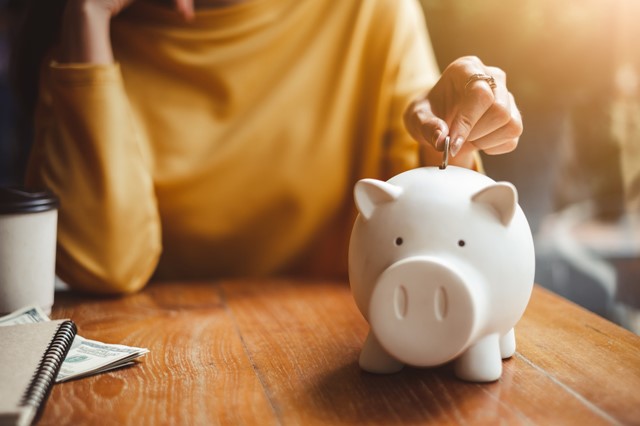The darkest time of the year has begun, and along with it, the heating season, affecting the budgets of every household. This season should be easier, as electricity and gas tariffs have decreased, and the saving skills acquired in previous seasons would come in handy. However, new expenses are already vying for these apparent savings, such as the increased Sadales tīkls’ tariffs or the rising Euribor rates. Therefore, the issue of making ends meet continues to be a sore point in society.
Decisions in economy and business are predominantly driven by numbers. But companies must be able to see beyond these numbers – the people, their values, and needs. Research shows that economic crises give rise to emotions associated with despair, disappointment, and incomprehension. Moreover, given the tumultuous events of the world, many of us are experiencing the most unpredictable times in our lives. 77% of consumers worldwide expect brands to support them in crisis situations. They believe that just as they care for their loved ones in difficult times, brands should take care of their customers. This is a great opportunity for brands to be authentic and attract new customers.

Source: Shutterstock








